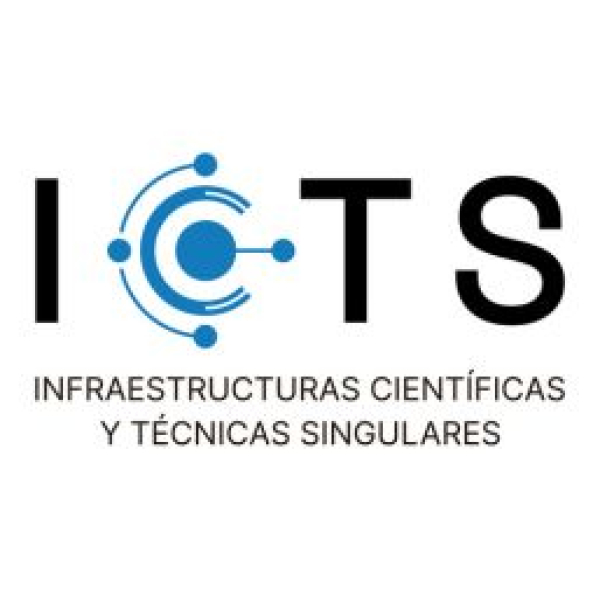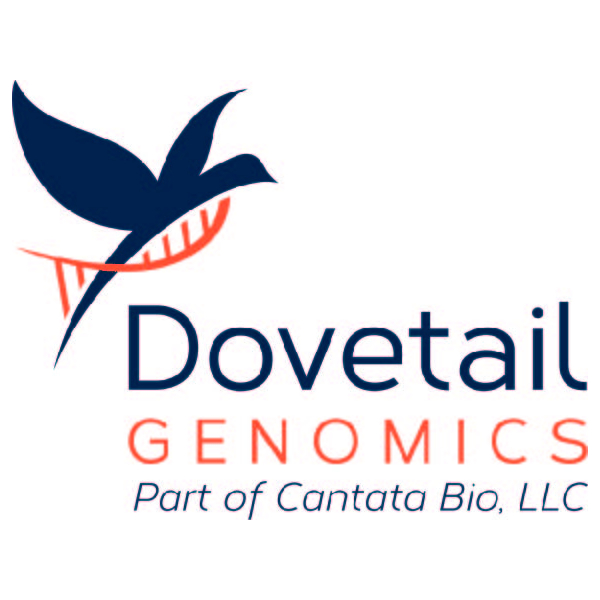ChromDesign is an innovative and interdisciplinary network of 10 European academic and private institutions. Our aim is to characterise how 3D chromatin organisation affects gene regulation during cellular differentiation and in several human disorders.
ChromDesign’s main focus is to investigate how the genome organises in 3D over time. Alterations in gene regulation occur with age which may cause diseases like leukaemia and congenital malformations. By addressing the challenges with top international experts, and through the use and development of technologies in imaging, cell biology, genomics and computational modelling we can successfully achieve our project goals. We can translate results into clinical applications. We can train the next generation of researchers. Empowering them with open science, hands-on sessions and, transferable skills. Boosting their careers. Expanding the future of 3D genomics and epigenomics. Above all, ChromDesign believes that science communication and education is essential for the future of science. And for the future of society.
Scientific & Technical Objectives
ChromDesign has developed a highly multi-and inter-disciplinary translational research and training network that will exploit the integrated analysis of several state-of-the-art technologies to achieve these ambitious goals:
– Study epigenomics, transcriptomics and 3D chromosome architecture in normal and pathological scenarios, focusing on the identification of novel gene expression vulnerabilities and chromatin alterations, which can be exploited therapeutically.
– Advance our understanding of the functions of chromatin modifying complexes (such as Polycomb and NURF) and histone variants on gene expression and chromatin topology in cell differentiation and disease.
– Develop innovative tools to investigate chromatin topology.
– Communicate results to general public, educational community and academia.
Training
ChromDesign training programme will foster mobility across countries, disciplines and sectors. Through secondments and network-events, we will ensure that all ESRs have opportunities for exposure to different disciplines and environments: academia, industry, design and communication, hospitals (linked to IEO and Curie), publishing, and non-for-profit funding entities. Most network training will be based around five summer and winter schools that combine hands-on research workshops, academic lectures as well as transferable skills, and innovation and entrepreneurship training sessions.











